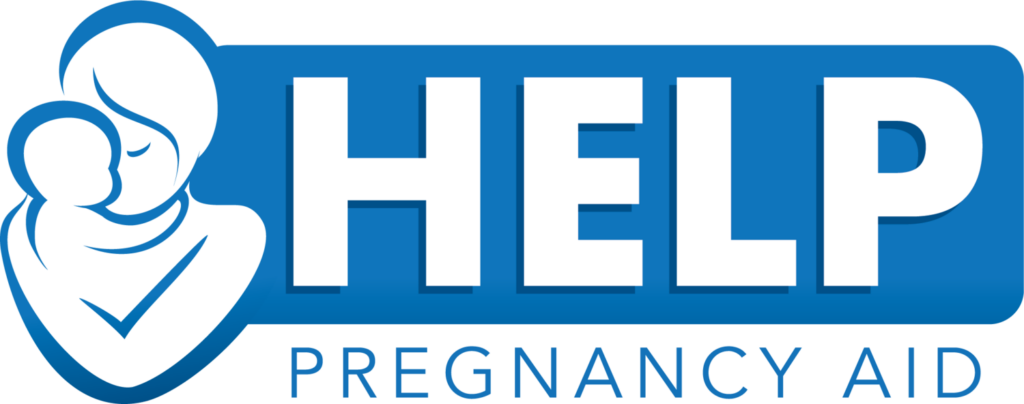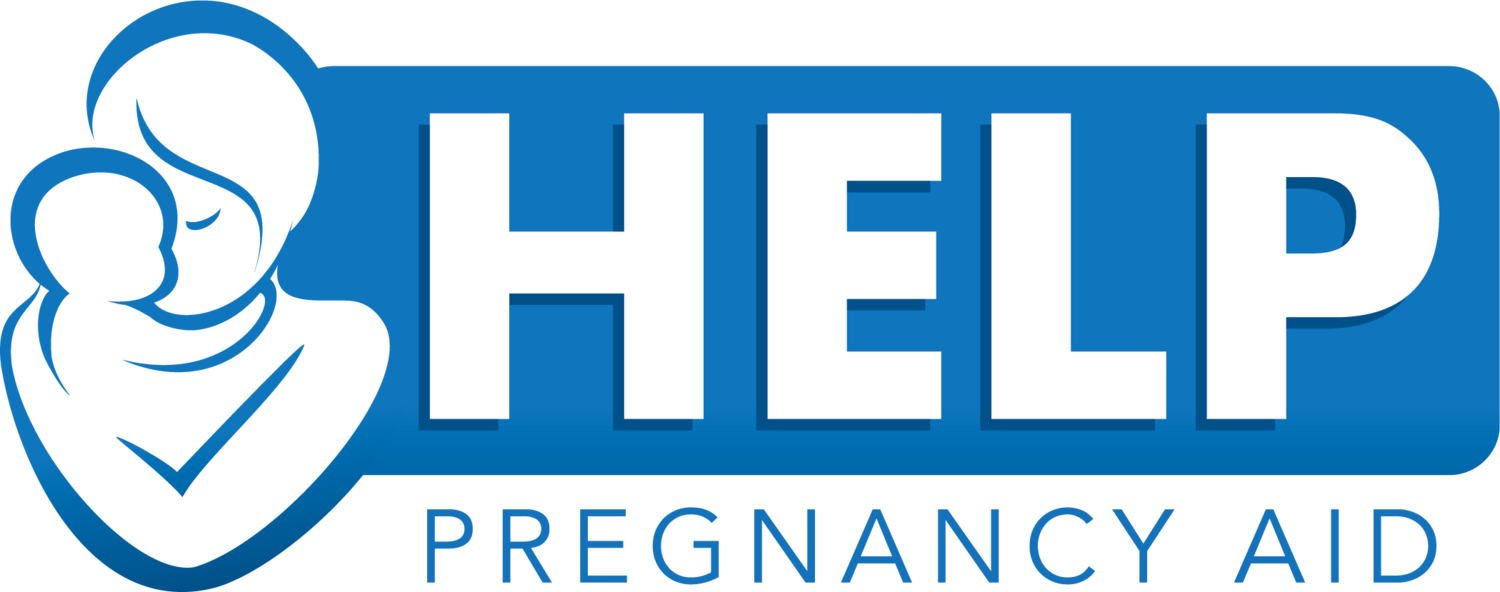Life's Challenges Offer LIFE Choices
You’re not alone. HELP exists as a place where all options can be explored. Schedule your Free Abortion Information Consultation below.
Considering Abortion?
At HELP Pregnancy Aid, we believe in providing compassionate care and comprehensive information to support women during every step of their pregnancy. While we cannot provide or refer for abortions, we are dedicated to teaching women about all of their pregnancy options, including abortion.
The Importance of an Ultrasound
Whether you have already made a decision to terminate your pregnancy or you are seeking information about your options, your first step before making a final decision should be to confirm your pregnancy with an ultrasound. In fact, many abortion clinics will require an ultrasound to be completed before any abortion services are scheduled.
Ultrasounds are important in order to:
- Determine how far along the pregnancy is (gestational age). The abortion options available will depend largely on this information.
- Rule out an ectopic pregnancy. An ectopic pregnancy is a pregnancy that begins growing outside of the uterus and is extremely dangerous if undetected.
HELP Pregnancy Aid offers ultrasound services at no cost and can assist with walking you through your options.
Life's Challenges Offer LIFE Choices
You’re not alone. HELP exists as a place where all options can be explored. Schedule your free pregnancy test below.
Emotional Impact of Abortion
A woman’s emotional recovery from an abortion will vary from person to person. Some may feel relief, while (often to their surprise) others might experience a range of negative emotions including grief, regret, anxiety, or depression. If you have had an abortion and are struggling, contact us. HELP offers support to women who are struggling with emotional healing after an abortion.
Most Common Abortion Methods
There are several abortion methods, which are generally classified into two categories: medical and surgical abortions. While we do not perform abortions, we can provide complete and fact-based information regarding them.
Medical Abortion
Abortion Pill
Medical abortion, commonly referred to as the Abortion Pill or at-home abortion, is typically available up to 10 weeks of pregnancy and involves taking medication to end a pregnancy.
Surgical Abortion
Surgical abortion involves medical intervention to remove a pregnancy from the uterus. The abortion methods available are typically based on how far along the pregnancy is. Risks and costs can vary for each procedure, therefore it is important to understand what is involved with each and to consider all options available to you when making a decision.

Vacuum Aspiration
Vacuum Aspiration (also referred to as “Aspiration” or “Suction Abortion”) is performed for pregnancies between 5 to 12 weeks. During this procedure, a doctor uses a needle to inject a numbing medication into the cervix. Metal rods are then used to stretch the cervix open and a tube that is connected to a vacuum device is then inserted into the uterus through the cervix. Suction is used to pull out the baby and to remove all remaining pregnancy tissues from the uterus.
Dilation and Curettage (D&C)
A D&C abortion is typically performed during the first trimester of pregnancy, up to around 12 to 14 weeks gestation. It may also be used in certain cases during the second trimester, although other methods are more commonly preferred during that time. During a D&C abortion, the cervix is widened, and the baby is removed from the uterus using specialized instruments or suction. Anesthesia is typically provided for comfort, and after the procedure, recovery involves some cramping and bleeding.
Dilation and evacuation (D&E)
D&E abortions can be performed in the second trimester of pregnancy (between 12-21 weeks of pregnancy). Unlike Aspiration, which is used for earlier pregnancies, D&E requires different tools because of the increased size of the baby. Depending on its size, the fetus may be removed in one piece or in smaller parts. Sometimes, tools are needed to crush the head to make it easier to pass through the cervix. After that, suction is used to clear out any remaining tissue.
Risks & Side Effects of Abortion
An abortion, like any medical procedure, comes with risks. The severity and likelihood of the risks are associated with the method, gestational age, and individual health factors.
Associated physical risks of abortion may include:
- Infection
- Heavy bleeding
- An incomplete abortion, requiring another surgical procedure
- Damage to the uterus
Learn more about the abortion procedures through the YouTube video below. Please view with caution, videos contain details that illustrate actual medical procedures.

Abortion Alternatives
We believe it’s important to know all of your options. While experiencing an unplanned pregnancy is incredibly difficult, you are not alone in the journey and there is support and resources are available for those who choose to continue their pregnancies:
- Prenatal Care and Support
- Adoption Information
- Parenting Resources and Education
- Community Support Programs
- Classes on Parenthood, Budgeting, Self-Care, and more
We are committed to providing a safe space for every woman to learn and grow and while we do not refer for abortions, we can provide more information on abortion, or schedule you an appointment for a free pregnancy test, or ultrasound. Contact us today.
Frequently Asked Questions About Abortion
How much does an abortion cost?
An abortion can cost anywhere from $600-$2,000 depending on where you live, how far along you are, the abortion clinic and the method of abortion you choose. In 2022, the average cost of the abortion pill was $500 and most abortions are paid for out of pocket.
What are some reasons women consider abortion?
Studies have shown that most women (27%) consider an abortion because they feel as though they are not ready for a child. Another large percent (23%) of women feel as though they cannot financially support a child. It is important to note that the combined amount of women who seek an abortion do so after a rape, pressure by a partner to get an abortion, or for their own health total less than 5%.
Resource: https://www.guttmacher.org/sites/default/files/pdfs/tables/370305/3711005t3.pdf
Whatever your situation may be, HELP Pregnancy Aid wants to empower you to make the best decision for you and your future. We are ready to equip you not just through the decision process, but also with informative classes on parenthood, basic pregnancy care, and material goods for your baby.
Do I have to decide right away?
You are faced with so many options during this time, and it is important to weigh them all to decide what is best for you. Before scheduling an appointment at an abortion clinic, take your time in thoughtfully choosing what’s best for you. Our staff is here, and reach out to receive pregnancy counseling to discuss your options in more detail. (link to contact us webpage).
Are there any mental health risks after an abortion?
Many women experience a lot of emotions after having an abortion. Feeling regret, shame, anxiety, and depression are all very normal experiences. Seek help immediately if you are feeling off after an abortion. Your mental health matters.
HELP is Here for You!
Need answers? Want support? Contact us now to schedule your free, confidential abortion information consultation.
While we can’t provide or refer you for an aboriton, we can discuss any aspect of pregnancy, abortion, or abortion alternatives during your pregnancy options consultation. Contact us today to talk to our team or schedule a free ultrasound or pregnancy test.

